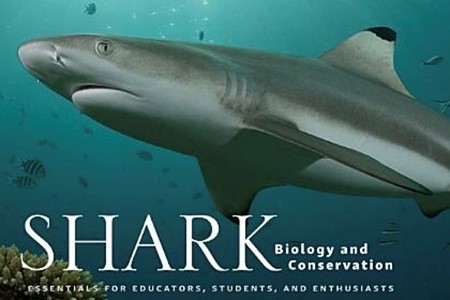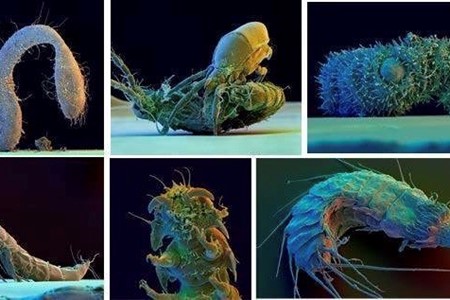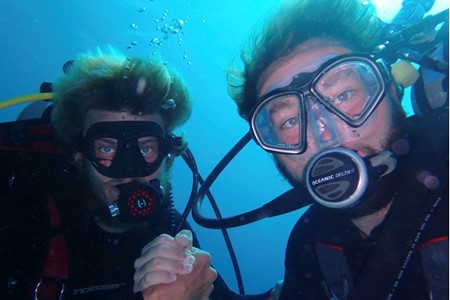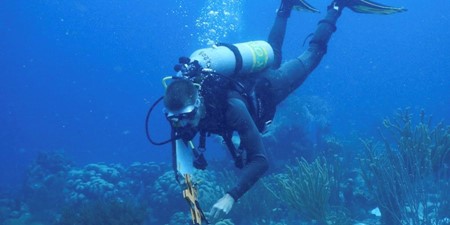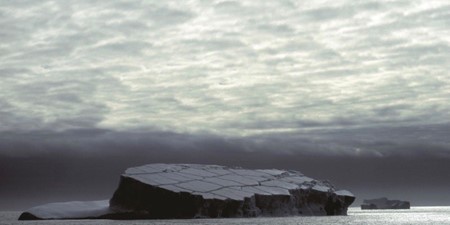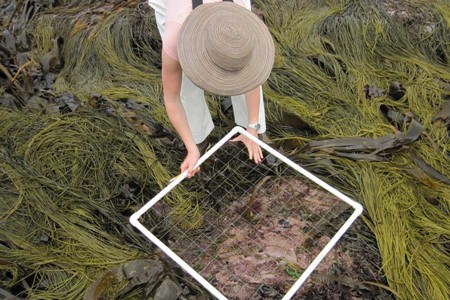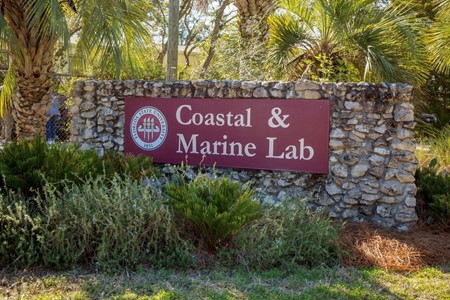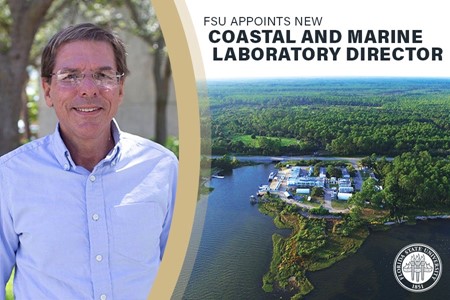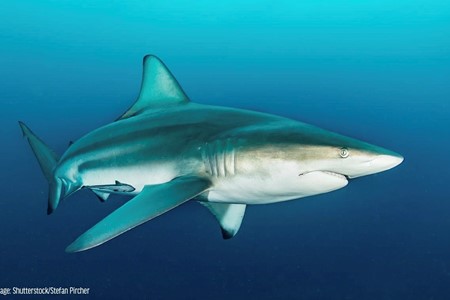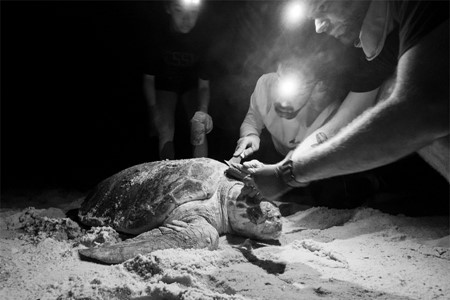Peter Klimley, a well-known shark biologist and author of "The Biology of Sharks and Rays" (2013), publishes a glowing review of Dean Grubbs and Daniel Abel's new book, "Shark Biology and Conservation" in the journal, Environmental Biology of Fishes.
Dr. Ingels on the Importance of Monitoring Deep-Sea Meiofauna
Dr. Ingels has spearheaded a new article in Nature Ecology and Evolution on the importance of including meiofauna and microbiota in deep-sea monitoring for effective conservation. "Undervaluing the contribution of microscopic organisms to biodiversity and ecosystem functioning, and their efficacy in early detection of change, would hamper effective management of deep-sea ecosystems." - Jeroen Ingels


